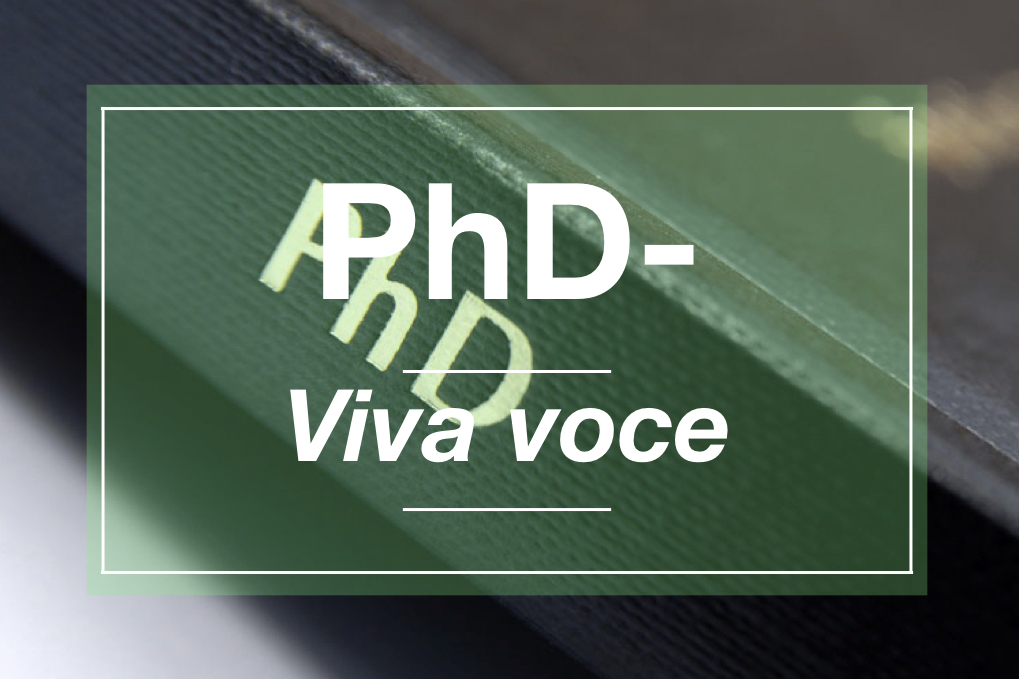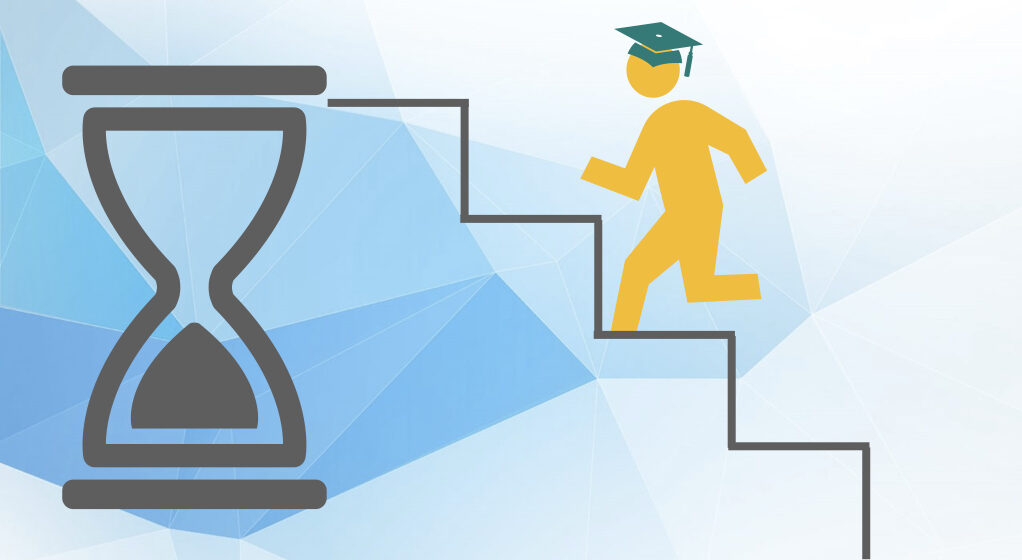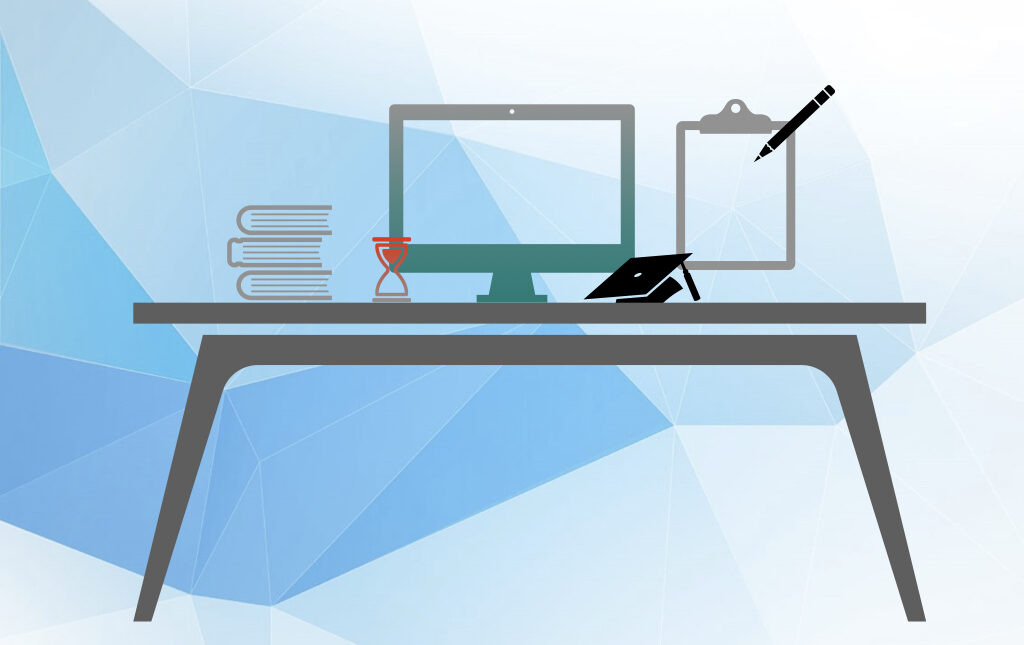“The PhD viva is a verbal or mock evaluation process to award a PhD degree.”
Preparing for a PhD viva is a crucial stage for your entire PhD tenure after all it decides your fate. Yes, it is as important as your PhD thesis or dissertation. So need to be prepared well before the viva.
But don’t panic! It’s not the end of life if you fail. It’s just a viva voce session much like you have faced in graduations or masters. In fact, it’s easier than that! I will explain to you how.
Here in the present article, I will share with you some of the tips you should care about when preparing for the viva. I will also share with you my knowledge and experience focusing on how you can achieve a successful viva voce session.
First, we have to understand the structure of PhD viva and why it is important.
Related articles:
What is a PhD viva?
The viva voce gathering is conducted to fulfill the requirement of the award of PhD. We can consider it as a final stage or kind of examination of a PhD student.
So obviously you have to prepare well.
The viva is of two different kinds in context to PhD, open viva session and close viva session.
In the open viva session, anyone can participate in your viva presentation, it’s much like a lecture. Also, everyone can take part in the discussions too. In universities of the USA and Canada, open viva for PhD is usually, conducted.
While in the close viva session, only two external referees, supervisors and one nominee from university can take part (in close doors). In the UK and related territories, the close viva is mandatory.
However, in India and Pakistan, universities are independently takes decision to conduct viva.
So the immediate question strikes in mind that which viva system is the best! Frankly speaking, we can’t compare. Both have their importance and drawbacks.
For instance, in an open session, some people can harass you and make it difficult for you to focus. While in close viva session, a decision is entirely on the external evaluator, because no other subject experts are there. So it might difficult for you to convince a single person. So let’s put that aside and focus on the viva preparation.

Preparations for PhD Viva:
First, thing! Keep in mind that the process of PhD viva is somehow similar to the other master’s or bachelor’s examination, but not the content. You do not have to remember protocols, theories and definitions unlike other viva’s.
Your PhD viva is focused only on your PhD topics and your thesis. Questions and discussions are conducted based on your PhD topic or thesis. So here is the catch!
If you have performed you PhD sincerely, the viva session is easy for you, trust me.
But for someone, who even doesn’t know what’s there in his or her thesis, make sure, it will be a difficult time for them to even complete the viva. If you are from case one, be relaxed. And just go through the article.
But if you are from the second case, you should have to prepare a bit well, if you really wish to complete a PhD in the first attempt.
So here are some of the key points to prepare for PhD viva session
Viva presentation:
A short and good PowerPoint present is must require in a viva. The presentation should be a point to point writing to just use as a reference to discuss things. Do not fill it with texts, images and thesis data.
Make a two presentation replicas, one in-depth ppt of approximately 40 to 50 slides and another with just 20 slides. Why we have to do this! We don’t know the pattern of the examiner. Some prefer short presentations while some prefer longer in-depth.
So to be on a safe side prepare two presentations.
Divide you presentation is sections: Two slides for introduction, two to four slides for literature, four slides for material and methods, 6 to 10 slides for results, one for interpretation and two for your introduction and ending note.
Try to make short sentences and eye-catchy images in your presentation. The slide should of a kind of reference for an examiner. We are not giving a presentation, we are discussing a PhD thesis, so the more weightage should be on talking and discussion rather than reading slides.
Keep your presentation simple and understandable that cover all the chapters on your thesis.
Also, The presentation should be professional looking, do not fill it with unnecessary images and smilies and avoid the thank you notes on last. Instead, you can end your presentation with one mesmerizing quote.
Read more: Life after PhD.
Spoiler: You will be asked which you will show.
Lastly, check you presentation with your supervisor and colleague to avoid mistakes.
Your appearance:
You are neither going for job interview nor for college viva so no need to make our appearance so perfect or too causal. Make a comfortable look, wear light-colored clothes and try to look positive, not smart.
Keep with you…
Keep with you, your PhD thesis, some notes, a Pendrive with thesis and presentation in different formats and a CD for back up.
Avoid things…
You are not going to examination, do not take pen, pencil and other examination things with you. Also no need to carry all the documents regarding PhD. Your supervisor will be there to show your true identity.
Just go casually like you are going to give a lecture.
During the presentation…
We are still not mature enough to handle things because we don’t have that much experience. So try hard to make a viva session positive enough for you, you should have to take care about several points.
First, it’s a discussion session, don’t argue to correct your point.
Respect the examiner’s opinion even if you know he or she is wrong, it is not possible, though. Because they have vast knowledge in your field.
If you think the examiners are not getting your point correctly, politely try to correct them.
If you think the question is not answerable for you, openly accept it that I don’t know about it, don’t try to trick them, again I am telling you “they re experts”.
If you know the answer but you need some data or information to see, don’t hesitate, check your thesis or notes to answer the question, again remember, it’s not an examination. All you have to do is! Defending your thesis.
Your thesis should have some strengths and weaknesses, its a common thing. Accept openly your weaknesses and loop-holes of your research work.
Do not offend with examiners comment or criticism, be relaxed, positive and polite, even though they are not! Ultimately it will help you in the end.
If you feel that the question or discussion is going away from your research topic or thesis, immediately interrupt them and request to get back on point.
Do not answer if you don’t know, take time and think before answering.
Remember, if discussions got complex and heated, your research is something much noticeable.
End the viva:
End the presentation with a quote and end the session with a small smile on your face. Confess what you like during viva and don’t forget to thank everyone who participated in the viva.
Results of viva:
The viva result is “yer” or “no” in a different way. If an examiner will satisfy with your work he will appreciate it and give some small indication to look after in future.
Even if they want some small modifications in your thesis, It is considered as ‘yes’ also. Usually, the thesis never got rejected in viva until it is totally out of focus from the main objective.
If examiners are not satisfied with your work, they can suggest some correction which in most cases, not appointed for re-viva.
Relared article:
How long does it take to get a PhD?
Conclusion:
Besides, your research matter and subject knowledge, how you present yourself, how you behave during viva and what you present make a difference. If your research topic is solving some real-world problems, it is worth appreciated.




